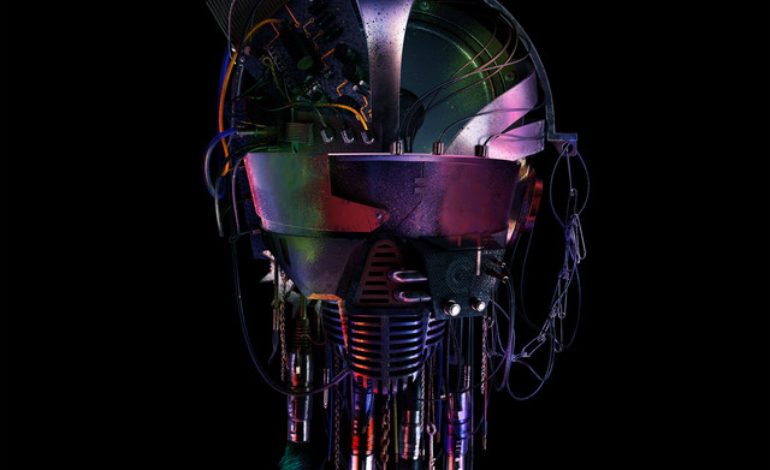

Seeing themselves anew
After previous frontman of Kasabian, Tom Meighan, was ousted from the band in 2020, the band sought a new beginning. Not wanting to end Kasabian after kicking out Meighan for spousal abuse, two years later they have crafted The Alchemist’s Euphoria as a way to raise themselves from their previous frontman. As Serge Pizzorno ascended as the lead of the band, the album creates a new direction for the band. Between electric, decadent hooks and the loud basslines, one cannot deny the sheer energy that he brings as the frontman.
“ROCKET FUEL” perhaps reflects this kaleidoscope of sounds that the band utilizes throughout. With the synths and electro-pop influences in the chorus, there is a fusion that propels the track from its thumping, lethargic openings. The build-up has an incredible payoff, with a kinetic factor that envisions a sound beyond traditional rock style. It has undeniable chemistry with the listener in its screaming lyrics that undeniably sounds like a rave track as much as a rock one.
Even tracks such as “SCRIPTVRE” has a varied, fascinating layer to them. With such diverse influences throughout the album, the song’s call-and-response chorus is conducive to this more experimental album. Compared with interlude “æ space,” a dissonant instrumental track, it is clear that even despite the varied influences, The Alchemist’s Euphoria has this driving, futuristic sound that undeniably makes it unify into a cohesive, yet incredibly dense whole.
By comparison to “THE WALL,” a more contemporary sound, there is a sense of lamenting into the future that makes the album more contemplative. Rather than being lost in more surreal lyrics, “THE WALL” portrays reflection in a way that is necessary for such an album. As a grounding force, it cements the band’s look beyond its past. Its refusal to placate and stand in one place is admirable. Undeniably, it marks realms of possibility.
“CHEMICALS” takes the catchy hooks of indie rock and breathes life into them. Don’t let the hooks distract from the sheer power of the bassline, which undeniably creates the punctual feel. It is the track that keeps getting stuck at the back of one’s mind beyond its runtime. It gives a sense of wanting more, even if that is listening to it over again. In its demanding chorus, Pizzorno’s energy beyond qualifies his position as the head of Kasabian.
Closing the album, “LETTING GO” has a motivational, soft feel. Comforting after the more dense, rave-like tracks of the early half of the record, the song acts as a way to envision the future rather than listening to its futuristic-inspired tracks. Looking into the future sounds almost like floating in space with the careful piano and guitar. In many ways, the track acts perhaps as a sign-off, recognizing that to fully appreciate The Alchemist’s Euphoria, the band had to overcome the ghosts that were haunting it. In many ways, the album succeeds in creating something varied and inspiring that extends beyond its more cut-back closer. Truly, Kasabian is seeing themselves anew.
